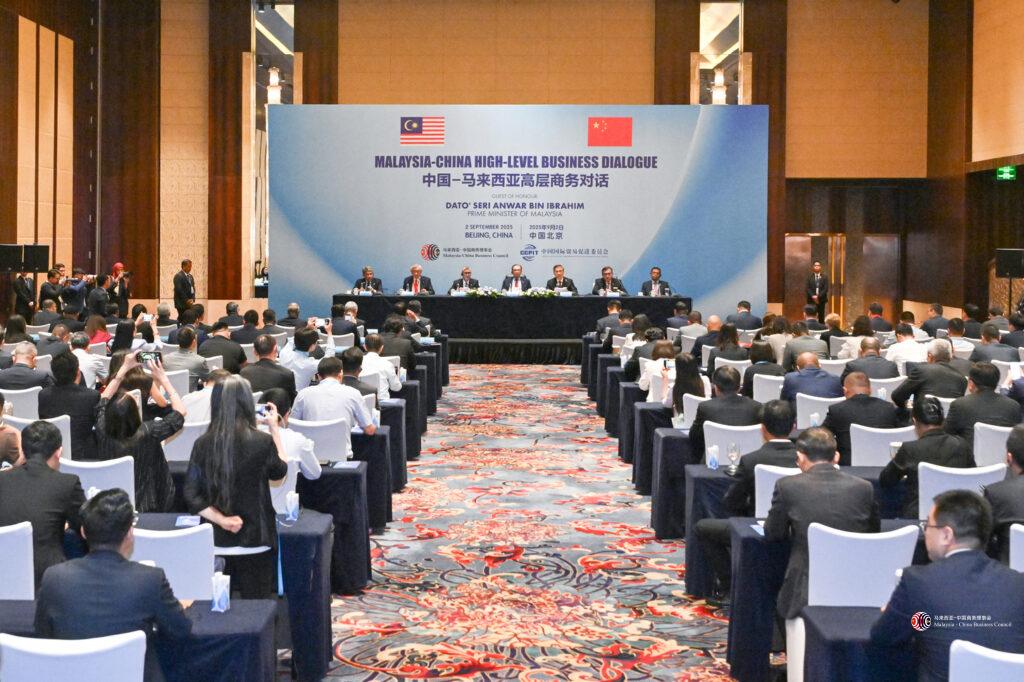While Malaysian agriculture products have great potential in the China market, the marketing strategy has to be changed in order to sell in China.
The Federal Agriculture Marketing Agency (Fama) needs to gauge the types of goods that are highly demanded in China first before going back to Malaysia to produce the adequate volume for the market, says Agriculture and Agro-Based Ministry secretary-general Datuk Mohd Hashim Abdullah.
In the past, farmers grew fruits and other fresh produces and they would look for ways to sell them in the overseas market. That cannot be done that anymore.
He said: “Now we have to come here and see what the Chinese people want. If they say they want pisang berangan, we will inform the farmers to plant pisang berangan,” he said in a recent interview in Xi’an in Shaanxi province.
He noted that since frozen durian from Malaysia was first exported to China late last year, the fruit has been well received in major cities like Beijing, Shanghai and Guangzhou. While demand has been on the rise, the Malaysian authorities and farmers are facing problems of supplying enough durian for the Chinese market, Mohd Hashim said.
“Last month, an importer alone asked for 18 containers of frozen durian for one whole month. But, do we have so much durian?” he asked, adding that his ministry would now have to re-look into the production of the fruits and encourage the farmers to incorporate the latest agricultural technology such as tree cloning to boost production.
He said ministry officials would also visit the orchards and fruit processing factories to ensure the operators comply with the good agriculture practice and standards. The ministry has a database of the total coverage of durian orchards in Malaysia.
Remote villagers are encouraged to collect durians from their villages and send them to the collection and distribution centres established by the ministry. Fama and wholesalers will then buy the fruits from the centres to distribute and export them.
“I will ask for a meeting with all the durian exporters and help them set up a consortium which will then decide whether to raise or decrease the price of the durian. They will band together to look for the supply of durian to fulfill the orders from China,” said Mohd Hashim.
He also revealed that the Malaysian government was in talks with the Chinese General Administration of Quality, Inspection and Quarantine to export more Malaysian fruits such as pineapple and jackfruit to China.
He led a delegation of Malaysian exporters to participate in the International Trade Forum for Cooperation between East and West held in Xi’an from 5 to 9 April. The ministry has finalised details of its maiden food and cultural festival to be held from May 11 to 20 at the busy Muslim Street in Xi’an.
Later during the ministry officials’ visit to Beijing, Fama and the China Agricultural Wholesale Markets Association inked a memorandum of understanding on the distribution of products from each other countries.
The Malaysian ambassador to China Datuk Iskandar Sarudin said now that Malaysian agriculture products have shown great potential in China, Malaysian exporters should ensure the highest quality of their products.
All parties must work closely to maintain the standard set by the Malaysian and Chinese authorities as nowadays China is very concerned about rules and procedures and the quality of imported goods because the health of its people are at stake.
“Foreign products especially food must comply with China’s standards. We do not want to come to a situation anymore where our product faces problems of compliance and eventually our government will have to intervene and solve the problem,” he said.
– adapted from The Star.



